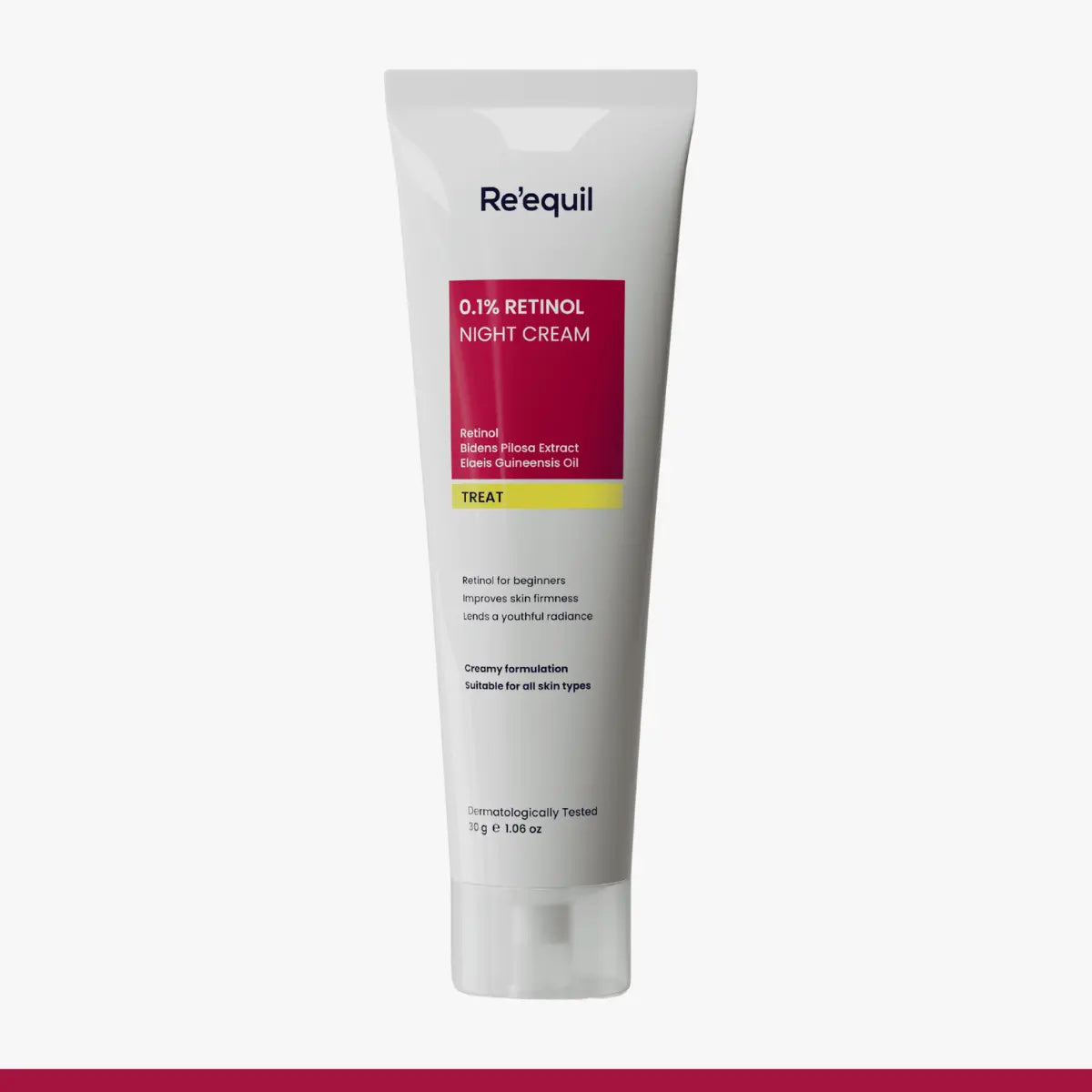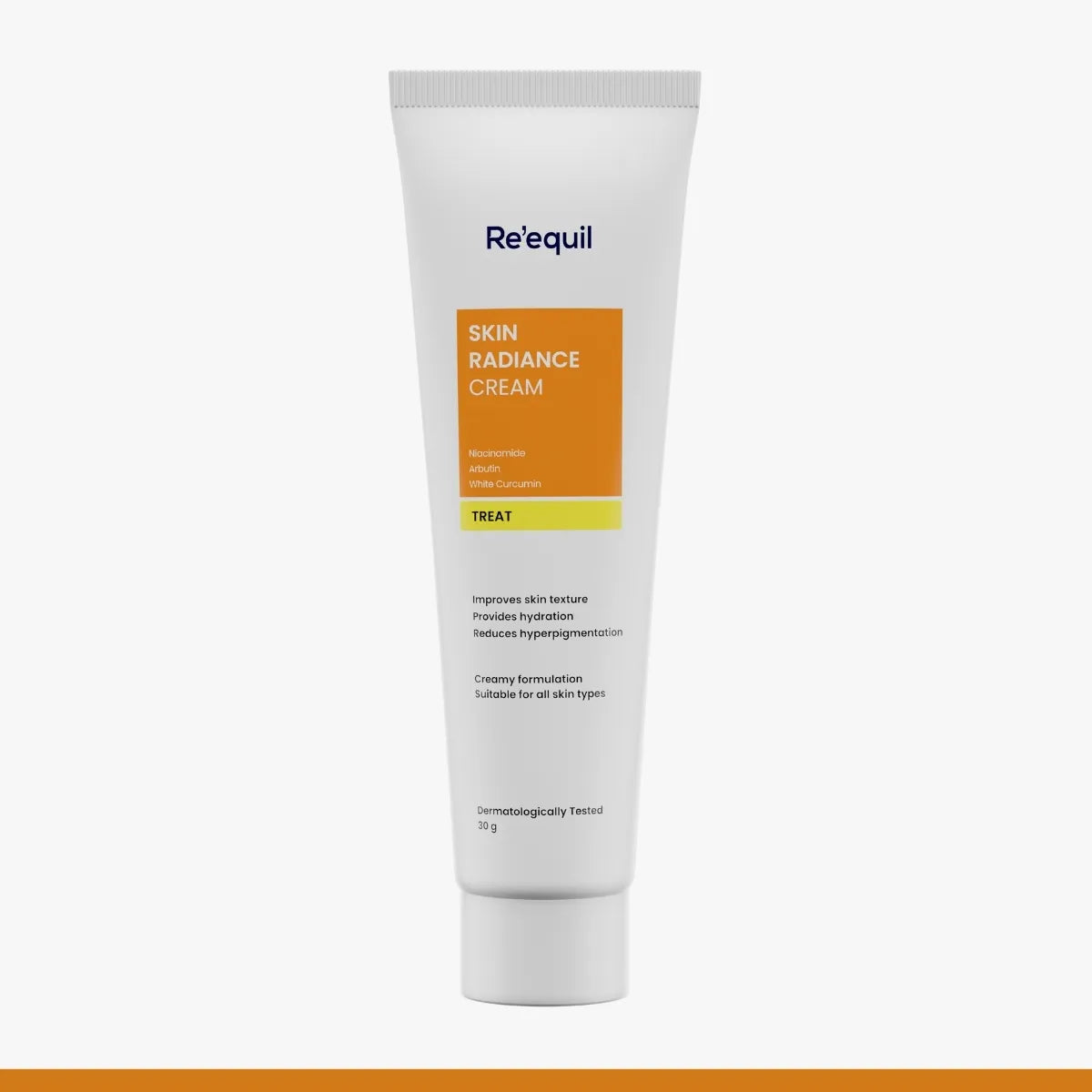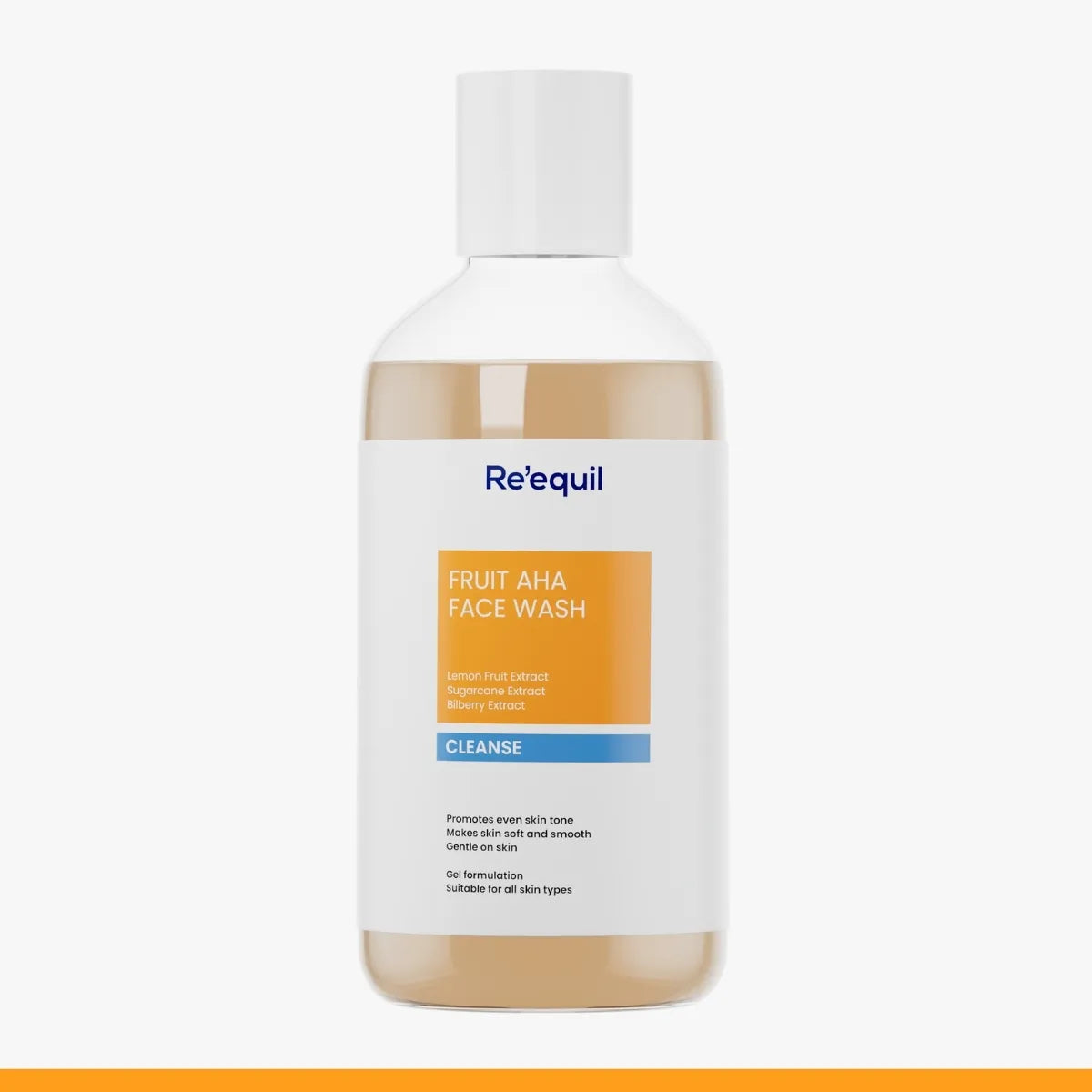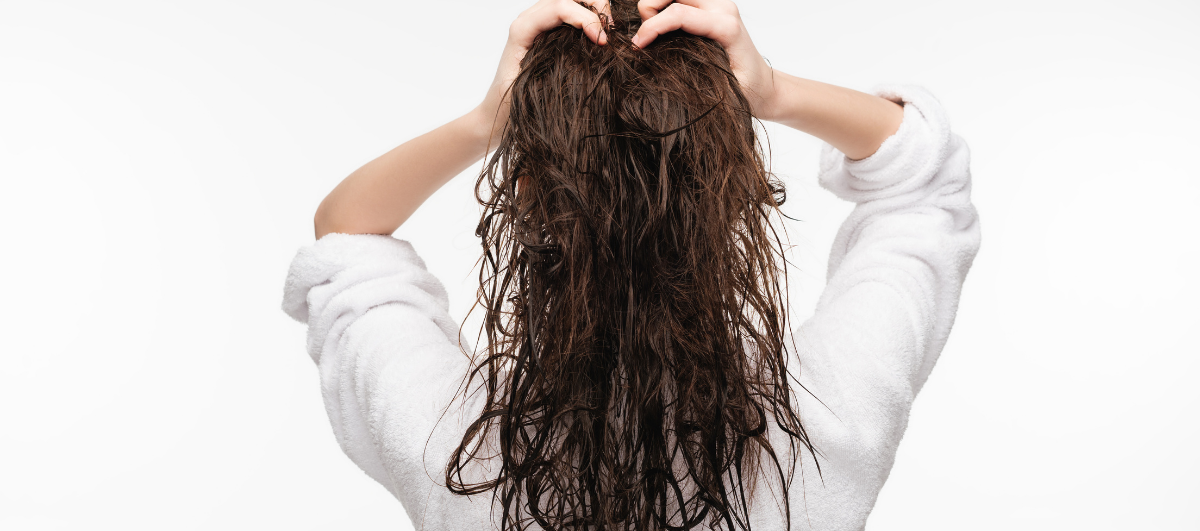Believe it or not, there are many grandmother's remedies aka “dadi ma ke nushke” that have the scientific relevance as well, such as -
- Don't drink cold water after a hot drink
- Always do oiling before washing your hair
- Eat food before sunset
- And, don't sleep with wet hair
Here we are talking about the hair care habits, after hair wash, drying them properly is also important for a good hair care regimen. And, it is much easier to dry your hair and tame them nicely when you shower in the morning. However, you need to know that showering at night is a good practice to soothe your senses after a long day but it can turn out to be a little problematic for your beautiful tresses, here’s how -
7 reasons why you should never sleep with wet hair

1. Hair breakage
Your wet hair are more prone to breaking, snagging, and split ends. When hair strands in the wet stage, hair protein (keratin) forms weak bonds. This results in unruly, frizzy, and breakage prone hair.
In addition, any kind of physical stress during sleep affects the structure integrity of hair and decreases their tensile strength.
2. Dandruff
Damp hair and wet scalp provides a favorable environment for the growth of bacteria and fungus. Cotton pillowcases absorb moisture from scalp and hair which also serve as breeding ground for developing dandruff-causing fungus Malassezia globosa.
3. Hair fall
Hair are at its weakest when they are in the wet stage. Any kind of repetitive physical stress can lead to hair breakage, frizziness, and hair fall. So, tossing and turning during sleep creates the friction between hair and causes them to fall out easily.
4. Acne
Apart from hair woes, sleeping with wet hair can give you acne flare-ups. Your pillowcase absorbs the moisture from wet hair ultimately results in bacterial skin infections. If you have acne-prone skin, consider using clean pillowcases every other day.
5. Dry and dull hair
Does your hair also appear dull and rough when you go to bed with wet hair? During sleep, your hair experience friction that destroys the outermost layer of hair (cuticle). This finally results in rough and lifeless hair.
6. Cold
It has been observed that sleeping with wet hair can indirectly give you cold by lowering your body temperature. However, there are not enough scientific evidences explaining that sleeping with wet hair really makes you sick.
7. Fungal growth
Fungi usually grow in the sweaty or damp areas of the body. Therefore, sleeping without drying your hair and scalp increases the risk of fungal skin infections like seborrheic dermatitis.
Tips to make your hair dry faster
-
Use a paper towel instead of a traditional towel
Unlike traditional towels, paper towels readily absorb moisture from hair to dry them quickly. Plus, drying your hair with a paper towel instead of a bath towel also prevents frizziness, split ends, and hair breakage. Simply, blot and squeeze hair to absorb extra water.
-
Try hair plopping
Plopping is a great heat free styling trick for women who have curly or wavy hair. This not only helps to cut down on the drying time but also keeps the frizziness and hair breakage at bay.

In today's hectic lifestyle, most of us try to rectify our daily self-care practices as per our convenience. However, altering your day and night routines against nature may not be as beneficial as you anticipate. Important to remember that your daily hair care habits play a big role in keeping your hair healthy, strong, and luscious in the long run.





